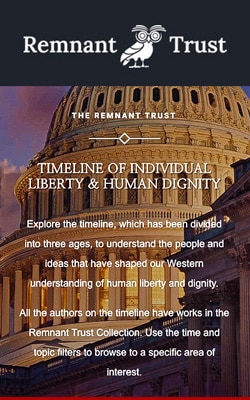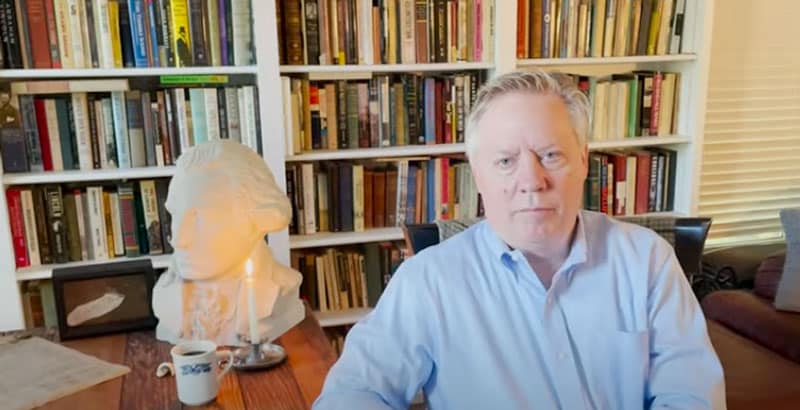Journey to the American Founding
March 9 1773
The stories we’re seeing from the last half of 1772 and early 1773 are a mixture of change and continuity. Surrounding the mixture is an intensification of actions and decisions. The new and old twist together in revolving cycles. The pace is not what it once was—it has picked up speed.


Excerpts from: Americanism Redux: March 9, on the journey to the American Founding, 250 years ago today, in 1773
It’s one of those days. Nothing special on the face of it. Life sprawls, today, 250 years ago.
You see kindness. A Christian pastor travels from house to house in Westborough, Massachusetts. He’s visiting members of his congregation who are sick. A young boy, Willard Miller, is very ill. The pastor prays with Willard and his parents. . .
All of this is a jumble, to be sure. Life going as it goes, unrelenting, undeterred, uncontrolled. Not easy to see how one event or another might tilt or shift the jumble into something else. But whatever else will be true, it’s a higher truth that life is taking a thousand directions in a single day. The event that collides with life will collide with those thousand directions. Will it invisibly disappear in the mix? Will it change the mix? . . .
Jumbling the jumble are the people supposedly holding positions of responsibility and authority. Today, 250 years ago.
In Mexico mid-level officials are bickering. They jockey for advantage in a hybrid governmental and religious bureaucracy, each seeking to gain at the expense of the other. One of them—Rafael Verger, who we’ve seen before last November in writing two-dozen recommendations for improved colonial administration—is back at it again. On the surface, he’s got a good idea: he wants another official, Junipero Serra, to provide a list of vital items, policies, and actions for effective colonial control of land from Mexico northwest to the Pacific Ocean. Sounds desirable, right? Not so fast. . .
In the British colony of North Carolina the imperially-appointed Royal Governor Josiah Martin and his executive council (upper chamber of the colonial legislature) have agreed to send everyone home. Everyone, that is, who occupies an elected seat in the General Assembly, or lower chamber, of the colony’s government. Not enough of them here to debate and enact any laws. Go home and we’ll call for another election. . .
For You Now
It’s an ordinary day, which calls for extraordinary judgment. Let’s give it a go. You and me.
To start, the small stuff may not be as small as you think. Look at John Rogers and his decision to sell military drums. There’s been no violence or serious threat of violence in Connecticut for eight years (1765); the colony’s most famous soldier, the irregular fighter Israel Putnam, hasn’t even been there for weeks because he’s on a settlement-discovery voyage in the Caribbean Sea. And yet, Rogers thinks the local market will respond to his sales of military drums. . .
The same goes for Robert Aitken in Pennsylvania. He believes there’s a readership market among an American-oriented class of successful men or success-seeking men. Not British, not imperial, not colonial, but American. Is it too late to develop a more British/imperial focus for self-defined successful men in the most vibrant and innovative community in the American colonies? What would it take? Is it really any concern if it’s American or is that simply no big deal? . . .
Think about the recollections of people in Boston. They’re remembering a few days’ back, the Massacre ceremony last week. Colonial rights advocates have been using the ceremony to keep the memory of the 1770 Massacre alive; last year’s keynote speaker wore a toga in imitation of an ancient Roman senator. What gimmick will it be next year? Live ammo in the muskets and fake blood smeared on pretend victims? The advocates keep stoking the fire, keep adding fuel to make sure the flame doesn’t die out. . .
And then there’s the issue of forced labor. It takes many forms; it’s on a spectrum. But who will deal with Enoch Story and Benjamin Bannerman and the hundreds of forced-labor purveyors just like them, to say nothing of the tens of thousands of people—a meaningful percentage of the overall population—who keep them in business by action or attitude? To tackle the issue of forced labor will require maximum effort by people in positions of authority, power, influence, and persuasion. . .
What can we say of them, of this hopefully cohesive group who will need to exert maximum effort? Well, on this ordinary day we see a different nation’s colonial world (Spain, operating colonies in Central America and southwestern/west coast North America) and officials there are seeking to poke and jab each other with good ideas unlikely to be done. Further east, in North Carolina, we see a colonial government that can’t operate at all because not enough of the elected representatives show up to do their public duty. . .
Suggestion
Consider your current day’s version of the military drums, the newly available periodical, or the image on the sign above the tavern door. Are you seeing small things that leave you with a clear impression of the year’s direction?
TITLE: Americanism Redux: March 9, on the journey to the American Founding, 250 years ago today, in 1773
By Dr. Dan Miller
To know us better then is to know us more fully now. Welcome to Americanism Redux and my one-a-week stories of 250 years ago. For the all the stories thus far, Visit Historical Solutions, Dr Dan Miller’s website>
Journey to the American Founding
Welcome to Americanism Redux, a series by historian author, Dr. Dan Miller. He explores what Americanism meant 250 years ago and its significance for America today.
What Can I Do?
We invite you to share our passion for Individual Liberty and Human Dignity to a new generation including educators, students, business leaders and Americans from all walks of life.




